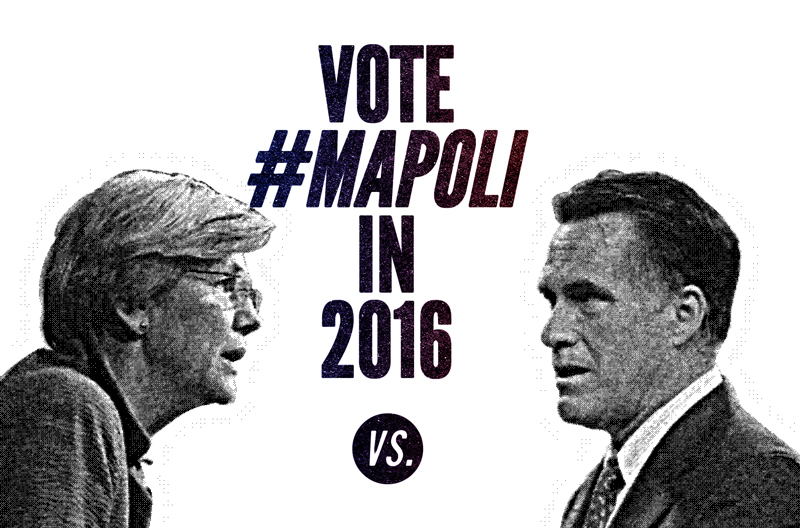When conservatives chortle about how unpopular President Barack Obama is they omit an important point: Obama may be unpopular because he has achieved “more important domestic policy change than any presidency since Lyndon Johnson's.”
The most popular question after all of this has been: will Elizabeth Warren run for President? For me, the more telling question is: will she influence the political parties? And there the answer turns on these broad theories of democracy. To the degree that elite theory remains inevitable, her influence will always be checked by the fact she is a rarity among Democrats and Republicans who are nearly equal in indebtedness to elite economic interests. Remember: the bill passed with ease even as both sides said they did not like the provision – a provision they added and could just as equally strip. Alternatively, if pluralism stands a chance, grassroots organizing that calls out the culpability of Democratic and Republican elected officials in these actions is necessary to help Warren permanently alter the parties.
We talk about bipartisanship a lot in government. On economic matters we have it – it just isn’t in the interest of regular folks. The divide worth naming is economic elites and their elected lackeys vs the rest of us. Who are, incidentally, the majority.
The following Guest post is by Ray La Raja of UMass, Amherst. Professor La Raja has written extensively about the impact of the changing campaign finance environment on the parties. He is the co-author with Brian Schaffner of "When Purists Prevail: How Campagn Finance Reform Polarizes American Legislatures" (Forthcoming from University of Michigan Press).
The recent bipartisan bill passed by Congress, known by insiders as CRomnibus, contained a mischievous rider that raised the hackles of political reformers. The rider raised significantly the federal contribution limits to parties. Reform advocates like Fred Wertheimer of Democracy 21 called it “the most corrupting campaign finance legislation ever enacted.” I disagree. In my view it improves on a campaign finance system that had virtually collapsed in the years since the McCain-Feingold reforms passed in 2002.

Globe columnist Scott Lehigh recently wondered if the Democratic State Committee Chairman, State Senator Tom McGee, is the right guy to lead the party into the Charlie Brown Era. Will McGee's status as a Beacon Hill insider hamper the party's efforts to compete with a Republican governor well positioned to make being a Beacon Hill insider politically disadvantageous? If so, the ability of the Democratic legislature to effectively govern with a Republican in the corner office over the next two years (not to mention the fate of 2016 candidates for state house and senate seats) might depend on not being too closely associated with entrenched insiders on Beacon Hill.
Let me gently suggest that Democrats on Beacon Hill (including Chairman McGee) need not lose any sleep over these concerns.



